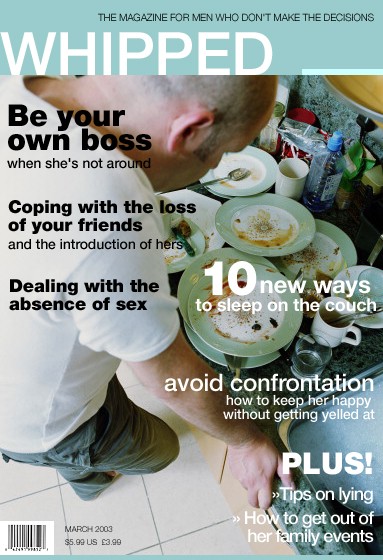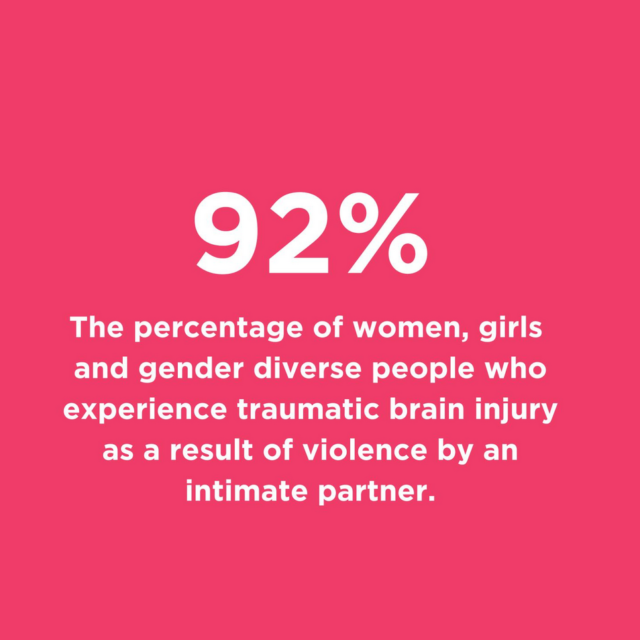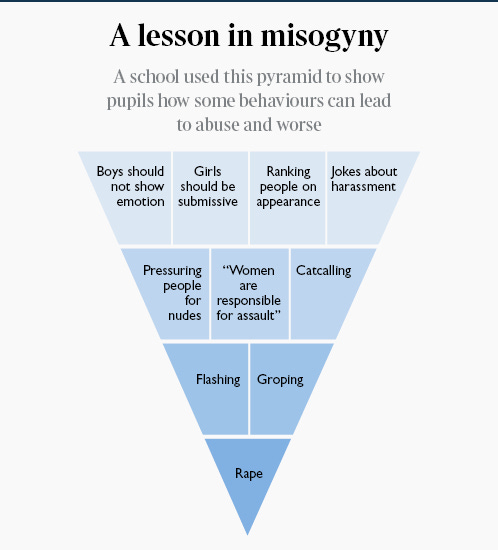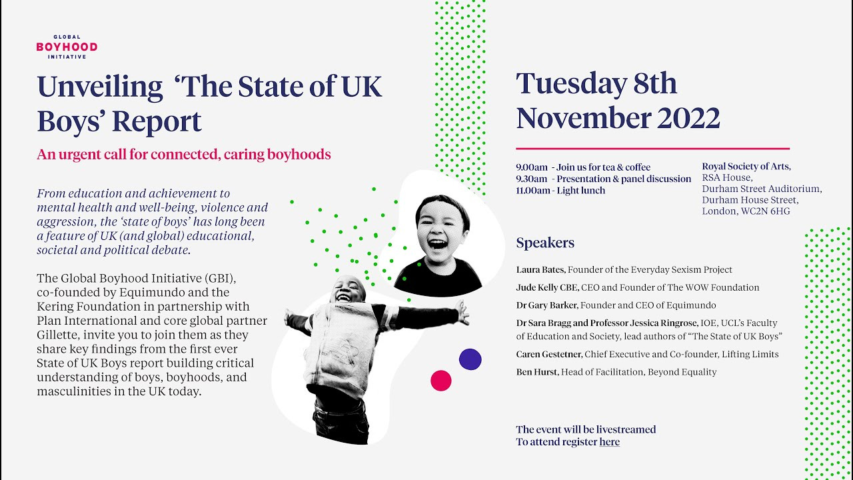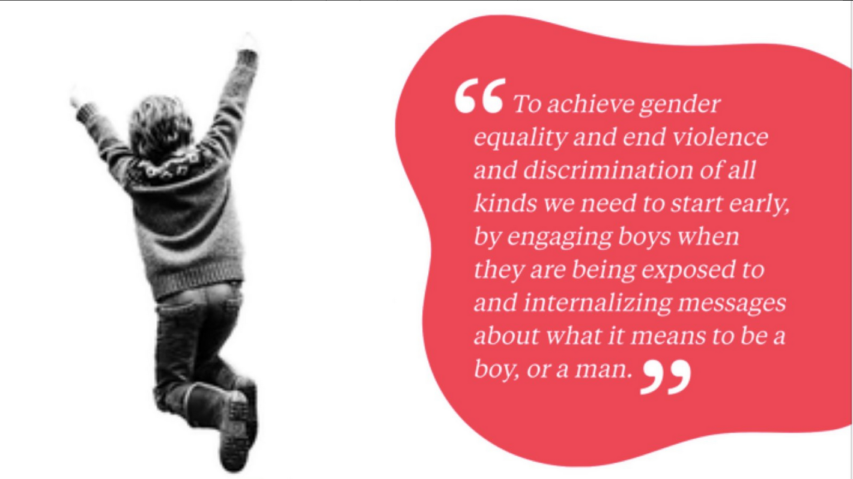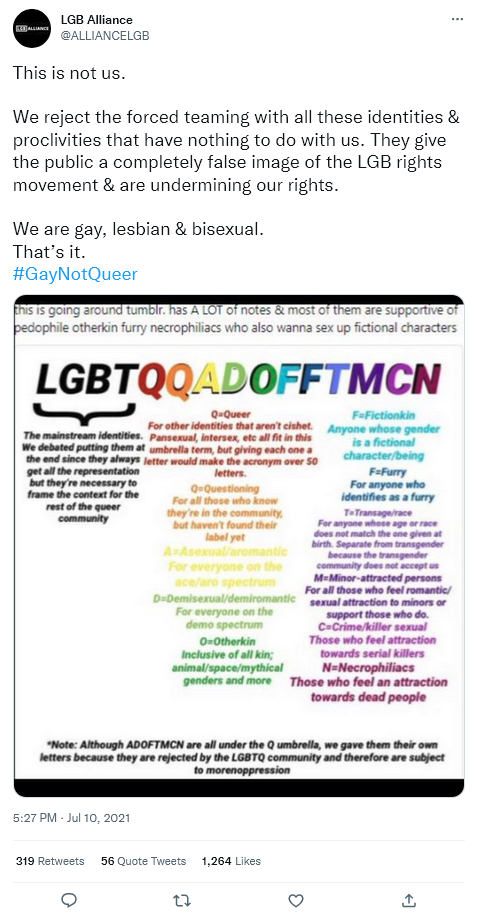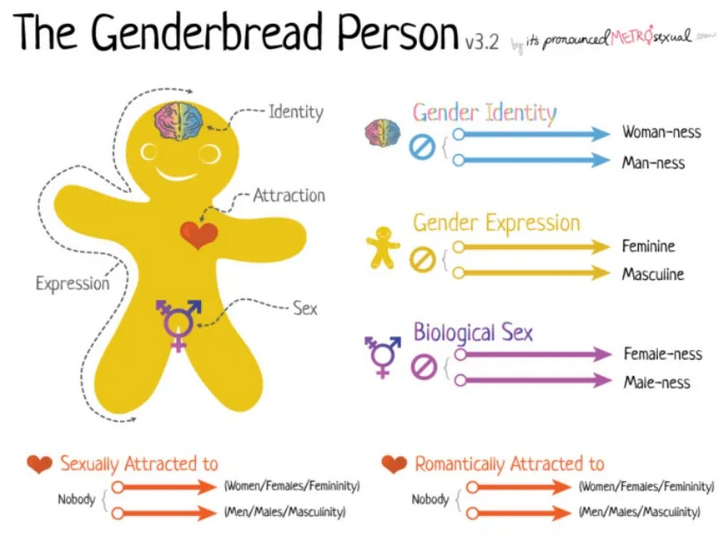Look folks, there are some headlines that just write themselves, but it’s not my coining — here’s Janice Fiamengo to explain where that … memorable term … came from:
We’ve been told for years that the future is female, that everyone benefits from female leadership and everything improves when women take charge.
Any man on a college campus who has ever objected to the plethora of special university programs and women-only scholarships and pro-woman propaganda was told he had a problem with gender equality.
But now it turns out that some women themselves are not entirely happy with the deal feminists engineered for them, which sees them outnumbering men at close to 3-2 at most English-speaking universities, and thousands of words have already been devoted to the idea that college women deserve a more satisfactory dating experience.
According to Monica Greep in an article from last fall for the Daily Mail, “How Golden Penis Syndrome is ruining dating for university women”, the “deficit of male students” at college “means men develop inflated egos and become Casanovas who cheat — despite a lack of social and sexual skills”.
The formulation reminds me of an old Woody Allen joke from his movie Annie Hall. In my updated version, two women are discussing college dating: “The guys are awful, egotistical schmucks who think they’re really great,” says one. “I know,” says the other, “And there are so few of them!”
If these men are so lacking in “social and sexual skills”, as the article tut tuts, then why are the women upset that there are not more of them? If the women don’t want guys who are Casanovas, they don’t have to date them. But admitting that women have any role in creating the hookup culture being decried is impossible for most commentators today; the fault must always be found in the men. There is even a “relationship therapist” quoted in the article who tells us that Golden Penis Syndrome “speaks of the delusional belief that you are unusually and uniquely gifted as a man”.
Really? Did any of these analysts interview any young men who actually said that about themselves, or is this a case of women projecting onto men their own self-delusions, angry because the men have failed to respond to them as they, the women, would prefer?
As has become typical of pronouncements about men and women, the article blames men for being in the minority at college: at some institutions, they make up only 25% of the student body (see Mark Perry’s charts, for example here, showing the decades-long gender asymmetries; and see his proof that women outnumber men in STEM fields too). The shortage apparently causes men “to see themselves as a prize to be won by female suitors”.
What articles such as this one won’t admit is that these guys are “prizes to be won”, and increasingly so in light of the reported imbalance.
It is well known that college-educated men who marry are, on average, likely to work the longest hours, seek promotion most aggressively, and become high earners focused on supporting their wives and families (even post-divorce, as too often happens). A woman who is fortunate enough to marry a man like this stands to secure a materially better life, often at her husband’s expense of health and leisure, than she would have had if she had depended solely on her own earning power and work ethic (women are famously more interested in “work-life balance” than men are). Now with these men in the minority, women are having to compete for the men’s attention, and we’re supposed to feel sorry for them.
Of course the alleged problem has an obvious solution: the women could date and marry non-university-educated men. Why won’t they? The article mentions this somewhat embarrassing reality in gender-neutral terms by noting that “At the same time [that] university sex ratios have been skewing female, there’s been a simultaneous increase in what academics call ‘assortative mating’.” The article explains, “That’s a fancy way of saying that college grads only want to date and marry other grads.”
Wrong.
It’s not male college grads who won’t marry anyone other than a female college grad. As a 2019 study confirmed, it is almost exclusively women who insist on the need for their mates to earn more. In a sane age genuinely committed to “gender equality”, we might criticize women for their stereotypical behavior, for perceiving men as “success objects”. But we never criticize women for acting out of self-interest.
Only men are criticized for that, as well as for uncouth dating behaviors that everyone knows women also engage in when circumstances favor them: playing the field, cheating, “ghosting”, and so on. Being picky, demanding, and often downright rude are all recognized as a woman’s prerogative because women ARE seen as inherently valuable.

